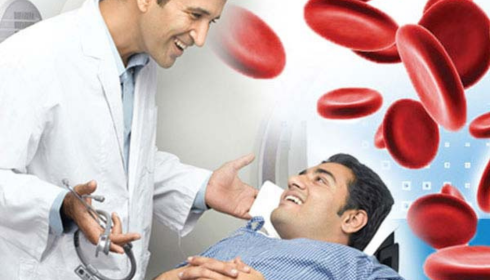
Understanding the Role of a Urologist in Men’s Health
When it comes to men’s health, understanding the role of a urologist is important. Urologists focus on diagnosing and treating issues related to the urinary tract and male reproductive system. Experts like David B Samadi, MD, have brought attention to the vital work these specialists do. They help with a range of conditions, from kidney stones to prostate health. Knowing when to see a urologist can lead to early detection and effective treatment.
What Does a Urologist Do?
Urologists are doctors who specialize in the urinary tracts of both men and women and the male reproductive system. They treat conditions like urinary tract infections (UTIs), bladder issues, and male infertility. They also perform surgeries and recommend lifestyle changes. Their expertise includes understanding how these systems work together and what can go wrong.
Common Conditions Urologists Treat
- Kidney Stones: Small, hard deposits that form in the kidneys and can cause severe pain.
- Prostate Enlargement: Also known as benign prostatic hyperplasia (BPH), which can cause urinary problems.
- Urinary Tract Infections: Infections that can affect the bladder and urethra.
When to Visit a Urologist
Deciding when to see a urologist can be crucial. Here are three signs it’s time to make an appointment:
- Persistent urinary problems: Difficulty urinating, pain, or blood in urine.
- Recurrent urinary tract infections: Frequent infections that don’t go away with regular treatment.
- Concerns about reproductive health: Issues like infertility or erectile dysfunction.
Urologist vs. Primary Care Physician
While a primary care physician (PCP) handles general health issues, a urologist focuses on specific systems. Here’s a simple comparison:
| Primary Care Physician | Urologist |
| General health check-ups | Urinary and reproductive system health |
| Wide range of common conditions | Specialized conditions like kidney stones and prostate issues |
| Refers to specialists as needed | Performs specialized tests and procedures |
The Importance of Prostate Health
Prostate health is a major concern for men, especially as they age. The prostate gland can become enlarged or develop cancer. Regular check-ups can help catch problems early. The National Institute of Diabetes and Digestive and Kidney Diseases provides valuable information about maintaining prostate health and understanding potential issues.
Advances in Urology
Urology is a field that benefits from medical advances. Newer tests and treatments improve patient outcomes. Techniques like robotic surgery allow for precision and quicker recovery. Innovations continue to enhance the ability to diagnose and treat conditions effectively.
Preventive Care in Urology
Preventive care is key to maintaining urinary and reproductive health. Healthy lifestyle choices can reduce the risk of many urological issues. Diet, exercise, and regular health screenings play a significant role in prevention. The Centers for Disease Control and Prevention offers guidelines and resources to help men understand and manage their health risks.
Conclusion
Understanding the role of a urologist is vital to managing men’s health. Early detection and treatment of issues can lead to better outcomes. Knowing when to see a specialist can make a big difference. With the right care, many urological conditions can be managed successfully.



